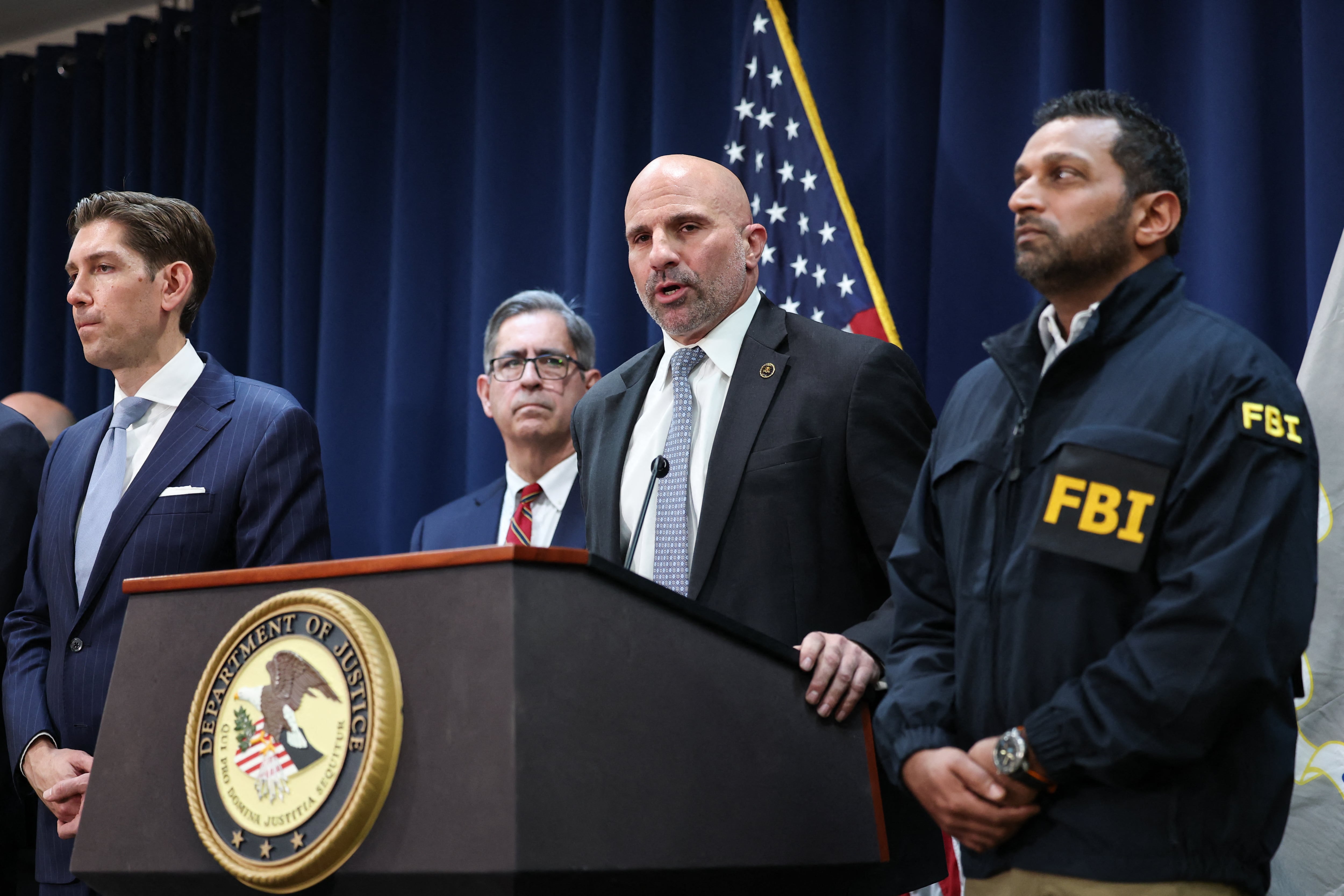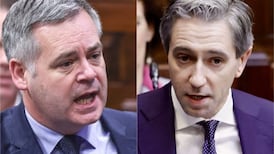More than €17,000 has been spent on advertising online by the campaigns of the three presidential election candidates.
Online advert expenditure by the campaign to get Fine Gael’s candidate Heather Humphreys elected accounts for most of the spending, with €12,289 paid to Meta. This tech giant owns Facebook and Instagram.
Meanwhile, expenditure on the Catherine Connolly for president campaign with Meta comes to €2,687.
The Social Democrats – which is backing the left-leaning Independent TD’s bid for Áras an Uachtaráin – spent between €200 and €299 on an advert that includes video of party leader Holly Cairns praising the candidate at her campaign launch.
READ MORE
The campaign for Fianna Fáil’s Jim Gavin has spent €2,190 on advertising with Meta.
The spending by the campaigns took place between August 29th and September 27th.
Paid online advertising popping up in people’s social media feeds is unlikely to feature as much in this election as in previous campaigns.
This is because Meta is planning to stop running political advertising in the European Union from early this month.
The company announced the move in July, criticising “unworkable requirements” under a new European law designed to increase transparency in digital campaigning.
Meta’s move followed a similar decision by Google, which said last year it would stop political advertising before the EU regulation comes into force.
According to the EU, its Transparency and Targeting of Political Advertising (TTPA) regulation aims to “support open and fair political debate” and it addresses “concerns related to information manipulation and foreign interference in elections, along with the processing of personal data for political advertising purposes”.

Presidential debate: who came out on top and who struggled?
Meta said in July that, from early October, like other platforms, it will “no longer allow political, electoral and social issue ads on our platforms in the EU, given the unworkable requirements and legal uncertainties” introduced by the regulation.
It said Meta “won’t prevent people or candidates in the EU from posting about and debating politics on our platforms”.
Meta said it has had tools in place since 2018, “which provide more transparency for ads about politics, elections and social issues than any other platform” as well as “other extensive safeguards”.
It said adverts were stored in a publicly available advert library “where everyone can see information about targeting and how much was spent”.
Meta said: “Unfortunately, the TTPA introduces significant, additional obligations to our processes and systems that create an untenable level of complexity and legal uncertainty for advertisers and platforms.”
It added that the TTPA “places extensive restrictions on ad targeting and delivery, which would restrict how political and social issue advertisers can reach their audiences and lead to people seeing less relevant ads”.















